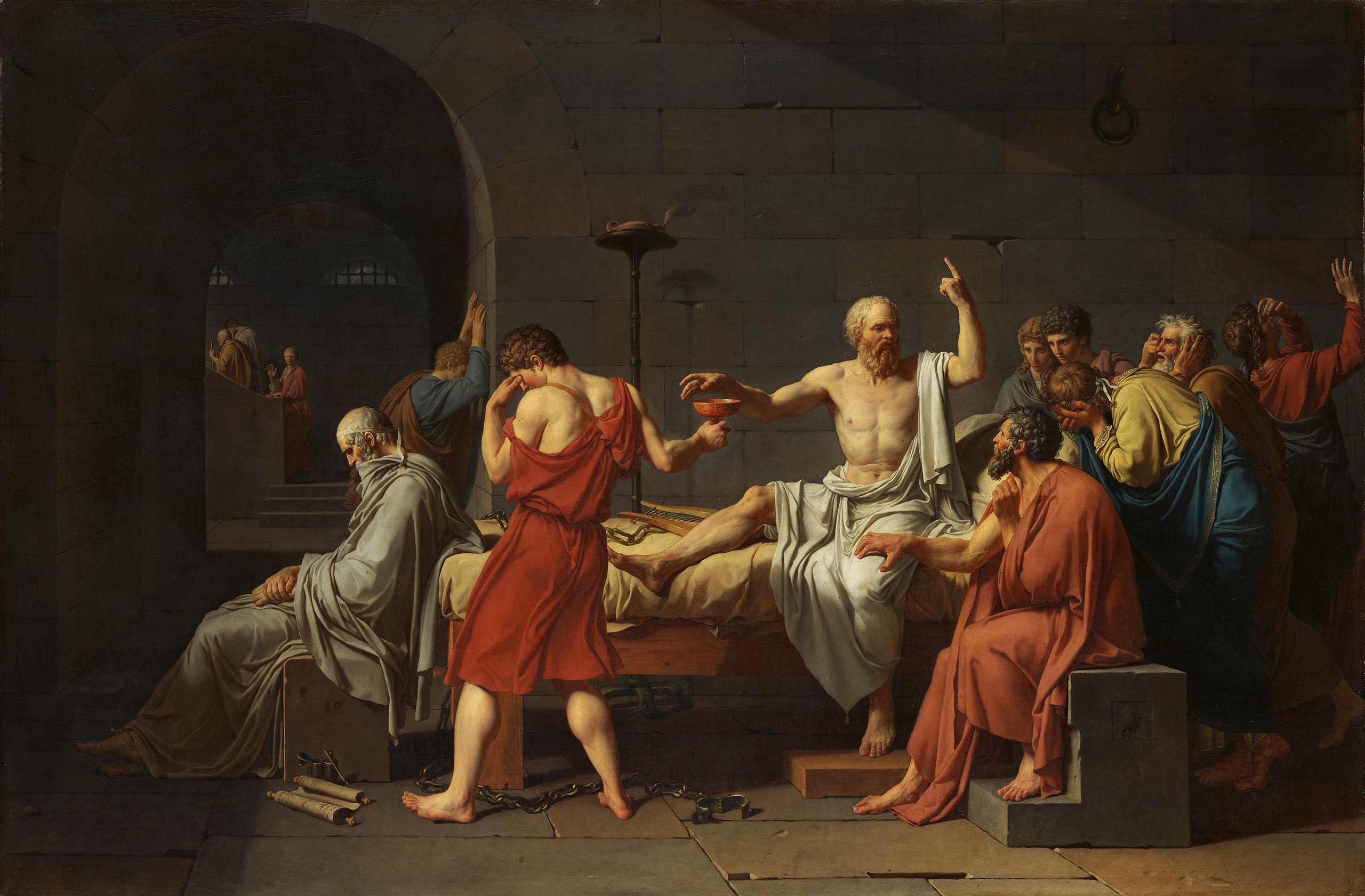Students battle out whether marijuana should or shouldn’t be legalized
Victoria Barmak
-Staff Writer-
What do the Fugitive Slave Act of 1850 and Virginia’s Racial Integrity Act of 1924 have in common? Both laws were once part of the American legal and social landscapes, both were once considered perfectly natural; and to most modern men and women those laws are inconceivable.
As our society evolves, we reconsider previously accepted ideas. Other ideas give rise to panic, and are resisted; for example, Cannabis Sativa L.
Bud, nuggets, blaze, Mary Jane, rope. No plant has yielded as much controversy and has been as misunderstood as cannabis. The myths about marijuana and its effects are as plentiful as its names. All the myths, although still widely exploited, have been debunked or credibly challenged.
Scientists have proven alcohol and nicotine are far more addictive than marijuana. There is no need to remind anyone that a wealth of data attests to marijuana’s medical benefits.
Despite America’s comparatively severe penalties, the U.S. is already the world’s leading per capita marijuana consumer.
The economic ramifications of the prohibition of marijuana and its subsequent black market economy with its billions of tax-free dollars are evident.
In order to understand the actual nature of marijuana’s prohibition, one must understand it has very little to do with the purported “harm” cannabis does and more with the politics behind it.
Marijuana has not always been illegal. For example, Cannabis was prescribed by physicians for medicinal purposes in late 19th century. Farmers were encouraged to grow cannabis in the form of hemp as early as the 17th century.
Other evidence, however, suggests the prohibition of marijuana was nothing more than a xenophobic attempt to control the influx of Mexican workers into the U.S. The migrants, who used marijuana for recreational purposes, were coming into the United States in search of work during the Great Depression and were competing with the white men seeking jobs. Some have also argued the pharmaceutical industry promoted the prohibition of marijuana because it saw marijuana as a competitor.
Why then, despite all the knowledge discrediting the myths and the information available, is marijuana still a taboo?
The answer is simple. Argumentum ad antiquitatem – it has always been this way. Any orthodoxy or convention is very slow to change. The status quo is always the most comfortable place to be. Hesitancy to legalize marijuana stems from the same ideas; since it has always been done this way, leave it as is. Everything new is always scary. The problem is marijuana use is nothing new.
Despite opposition, the war on marijuana is futile. Look no further than the Alcohol Prohibition laws, just as with prohibition, people can learn a lesson here: the government’s job is not to coerce and censor, but to inform and promote responsible usage and give help to those who need it.
So what are the Fugitive Slave Act of 1850 and Virginia’s Racial Integrity Act of 1924? The former stated that all runaway slaves had to be returned to their rightful owners and the latter was an anti-miscegenation law that prohibited interracial marriages. Wrap your minds around those two in our contemporary world.
By the way, once upon a time, tomatoes were illegal and considered deadly poison. Add that one to the list of things to ponder.
Jesse Hofford
-Opinions Editor-
First being labeled a poison in 1906, restrictions on marijuana increased until being entirely outlawed in the mid-1900s. The legalization of marijuana has been a subject of debate for decades in the United States. Usage of legalized marijuana boils down to trust and responsibility. Could the people of America be trusted and, perhaps more importantly, be responsible with this renewed freedom?
It is no mystery that marijuana has effects on the brain and body such as feelings of euphoria, increased appetite and muscle relaxation. However, what some may not know is how long term and regular use affect the mind and body.
According to http://drugabuse.gov, research has shown that, in chronic users, marijuana’s adverse impact on learning and memory can last for days or weeks after the acute effects of the drug wear off. As a result, someone who smokes marijuana every day may be functioning at a lower intellectual level all of the time. Sounds like a great time. That is not the only way marijuana attacks the brain and inhibits its functions.
Over 40 percent of Americans have already used marijuana. Marijuana is also the second most frequently detected psychoactive substance among drivers right behind booze and is associated with impaired driving skills, says http://crimeinamerica.net. Legalizing it would only drive those numbers up higher because the people who want to buy and use it but were too afraid of getting busted would no longer have anything to fear.
Take into account the Gateway Drug Theory. The theory states that if a person starts using marijuana they will eventually move on to “harder” drugs such as cocaine and heroin. According to http://marijuanaaddictiontreatment.org, 62 percent of adults who had used marijuana before the age of 15 have used cocaine at some point during their lives. For those who had never used marijuana, that number is 0.6 percent.
Those who use marijuana in youth are more likely to use heroin. That number is 9 percent as compared to 0.1 percent for those who had never used marijuana. Looking at these figures I would say it is more than just a theory.
More than half of all the people arrested in the United States test positive for illegal drugs in 2007 according to the National Institute of Justice and the U.S. Department of Justice. We all know how drugs affect the mind, when someone gets hooked, they do whatever they need to in order to get money to buy more drugs. And if there are more people taking advantage of legalized marijuana thus falling victim to the Gateway Drug Theory, there could be a huge increase in drug related crime.
Judging by the statistics and facts above I would have to say that, no, legalizing marijuana would not be in America’s best interest. It is an all too scary possibility that this could snowball and have a very negative impact on the lives of many. Far more than it does now.
America has too much going on right now to worry about legalizing marijuana. There is an an election coming up, Middle East tensions are still prevalent and given the statistics above, there is an evident crime and drug problem. Uncle Sam simply has much bigger issues to attend to right now.











